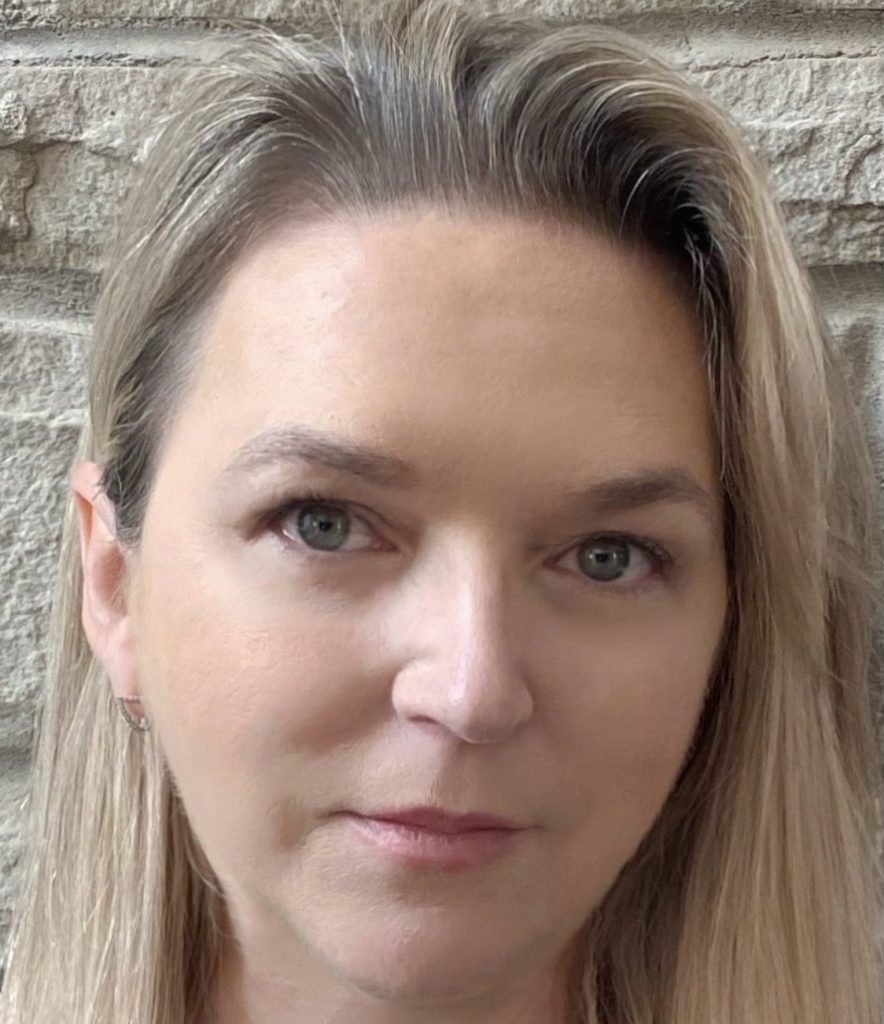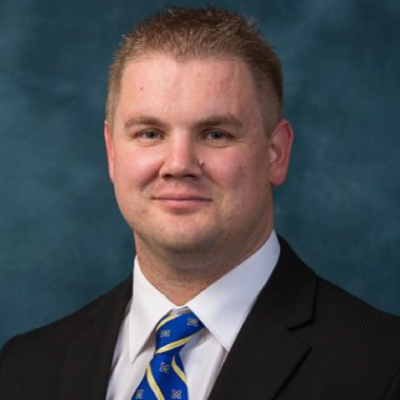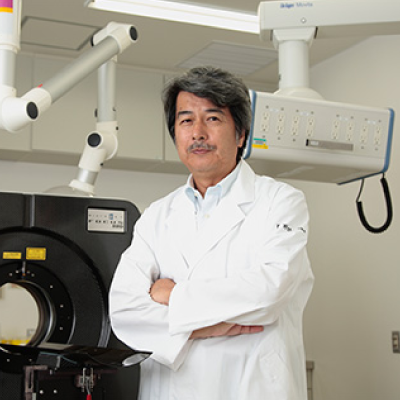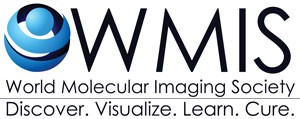
Research Interests
Dr. Paula Foster and her team are working on a new imaging technique called “cellular MRI” or “cell tracking with MRI” that tracks stem cells used for tissue repair and regeneration, and that monitors immune cells used as cancer treatments.
To make this possible, ultra-high resolution MRI is used to pinpoint small cellular events in the body. Dr. Foster and her team are developing this imaging and cell labelling technology in order to detect cells labelled with magnetic nanoparticles.
This advance MRI technology, whichhas not been used anywhere else in Canada, has enormous potential, with applicaitons in number of diseases and disorders.

Ralph P. Mason, PhD
UT Southwestern Medical Center; Dallas, TX
Research Interests
Dr. Mason’s primary research interest is prognostic radiology- developing and implementing methods for predicting optimal cancer therapy and assessing early response to treatment. Current investigations focus on development of oxygen sensitive MRI in pre-clinical breast, prostate and lung cancer as well as translation to human lung and prostate cancer. Dr. Mason is a recognized expert in the development of novel MR and optical reporter strategies with notable innovations in 19F NMR. Recent pre-clinical innovations include dynamic bioluminescent imaging related to vascular disputing agents and in vivo chemiluminescent imaging. Ongoing projects focus on novel vascular disrupting agents and assessment of pathophysiology of tumor response to therapy.

Research Interests
As we enter this era of more personalized and precise medicine, new technologies are needed that can sensitively, accurately and non-invasively detect molecular activities within the body over the course of an individual’s entire life. Dr. Ronald’s lab’s research focuses on pioneering novel molecular and cellular imaging technologies that will hopefully meet these needs. They have a particular interest in improved early cancer detection and treatment, as well as improved monitoring of state-of-the-art cellular therapies for cancer and other diseases. To accomplish this they are investigating the development of novel gene-based platforms that strategically integrate disease-specific activatable expression systems with both biofluid-based and multimodality imaging readouts. This work is at the interface of molecular and cell biology, imaging sciences, and nanomedicine and requires a multidisciplinary approach to devise innovative solutions to some of today’s most difficult biomedical problems.

Research Interests
Dr. Scott’s group is involved in all aspects of the Radiopharmaceutical Sciences including i) development of innovative new methods for radiolabeling bioactive molecules, ii) design, synthesis and translation of new radiotracers for PET imaging of neurological disorders, iii) cGMP radiopharmaceutical manufacture, iv) strategies for regulatory oversight, and v) introduction of new technologies for radiopharmaceutical sciences (automation, targetry, artificial intelligence, and machine learning).

Research Interests
- Molecular imaging study on newly developed biomarkers for evaluation of health and pre-disease state
- Molecular imaging study on newly developed biomarkers for evaluation of disease state
- Development of molecular imaging indices for products to avoid deterioration of health
